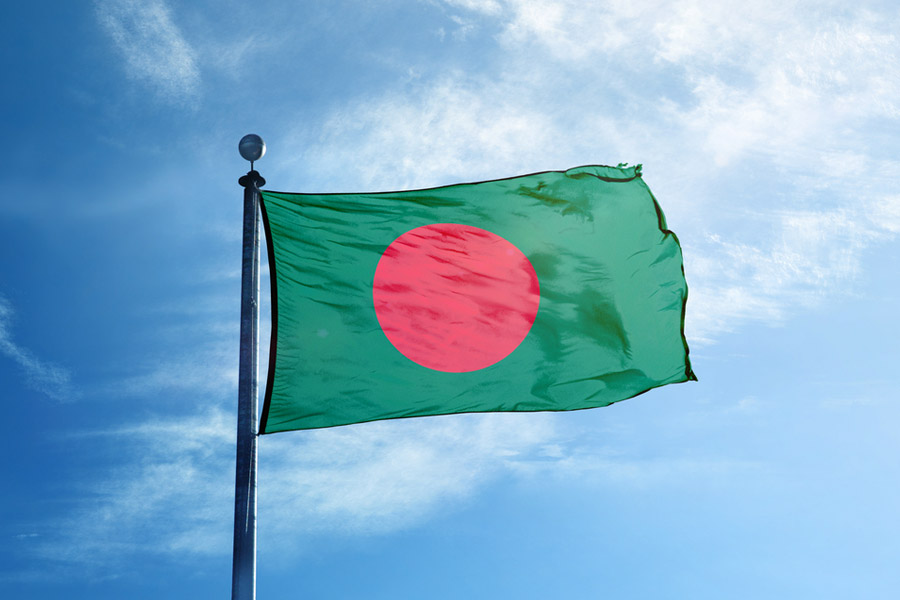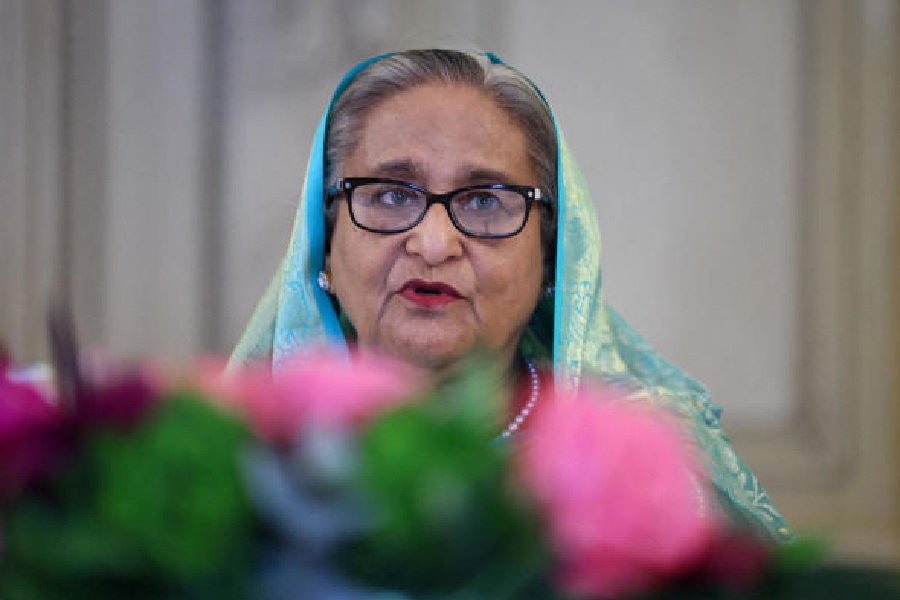In a dimly lit room in Dhaka, Baby Akhtar clutches a faded photograph of her husband Tarikul Islam Tara, who vanished twelve years ago after allegedly being taken by Bangladesh's security agencies, a personal tragedy reflecting the broader nightmare of enforced disappearances that has haunted Bangladesh for over the last 15 years.
“I have been waiting for my husband for the last 12 years. My life and family have been ruined for no fault of mine. We want justice. We hope that the interim government will give us justice. I want my husband back,” she said as tears rolled down her cheeks.
The fate of hundreds like Tara remains shrouded in uncertainty following the recent ouster of former Prime Minister Sheikh Hasina, whose administration was accused of presiding over systematic enforced disappearances.
With Hasina's departure, the interim government has taken a significant step by forming a commission to investigate these cases.
However, for the families still waiting, the commission's formation is both a beacon of hope and a reminder of the years lost in their pursuit of justice, given nearly 700 registered cases of forced disappearances in the last one and a half decades under the Awami League regime.
“Forced disappearances were the order of the day during the Sheikh Hasina regime. For the families of the missing, the commission's formation is a momentous occasion. We hope to get justice after fighting this battle for the last 15 years,” Sanjida Islam Tulee, coordinator of Mayer Daak, an NGO working with the families of the disappeared, told PTI.
“This terror of enforced disappearances was used to suppress political opposition, silence dissent, and create a climate of fear in the country. In the past 1.5 decades, families of those who had been subjected to enforced disappearance were systematically denied legal redress. Although the registered cases are around 700, the actual figures are much higher,” she said.
The recent formation of a commission of inquiry by the interim government of Bangladesh, led by a retired high court judge and including legal and human rights experts, offers a glimmer of hope to beleaguered families by investigating the disappearances and tracing the missing individuals.
This development came shortly after the new government signed the United Nations Convention against Enforced Disappearances, signalling a commitment to addressing these grave human rights violations.
In commemoration of the International Day of the Victims of Enforced Disappearances in 2024, a joint statement by human rights organisations including Anti-Death Penalty Asia Network, Asian Federation Against Involuntary Disappearances, the Capital Punishment Justice Project, International Federation for Human Rights, Mayer Daak, Odhikar and Robert F Kennedy Human Rights denounced the systematic enforced disappearances committed by Bangladeshi law enforcement and security forces under the In the past 1.5 decades, families of those who had been subjected to enforced disappearance were systematically denied legal redressadministration.
According to a statement issued by Odhikar, an NGO working for justice for the victims of enforced disappearances, data they collected shows that between January 2009 and June 2024, 709 people were subjected to enforced disappearances by Bangladeshi law enforcement agencies and security forces.
“Among them, 471 were surfaced alive or were produced in court. Meanwhile, 83 victims were found dead, with some of them allegedly caught in 'crossfire' with security forces. To date, 155 people remain missing,” it said.
Human rights defenders and families have highlighted that victims of enforced disappearances were held in secret detention centres known as "Aina ghar" or "mirror rooms," including one reportedly in Dhaka Cantonment and others across the country, operated by various security agencies.
Human rights activists pointed out that the recent release of a few victims who had been held in secret detention for years confirmed the long-denied allegations of enforced disappearances committed under the ousted Hasina administration.
Rights activist Michael Chakma, who was detained in secret cells for the last six years and was released only after Hasina’s ouster, recalled the horror he went through in extra-judicial custody.
“I was beaten every day and tortured beyond imagination. I never dreamed of coming out and thought I would die there only. For the last six years, I hardly remember when I last saw the sunlight. There were many more like me in those cells,” he told reporters.
Political parties such as the Bangladesh Nationalist Party and Jamaat-e-Islami also complained about several instances of their activists and supporters being victims of forced disappearances.
“The Awami League made forced disappearances an institutionalized weapon against the opposition to quell dissent. There are at least more than 600 cases of BNP workers and supporters being abducted and forced disappearances. Although many of them returned home after several years, most of them were not the same. Still, there are hundreds of such BNP workers across Bangladesh who are victims of forced disappearances,” senior BNP leader Sama Obayed told PTI.
The Jamaat-e-Islami also echoed similar experiences.
The Awami League regime had unleashed a reign of terror across the country, and forced disappearances were used as a weapon to intimidate the opposition. The Jamaat is the worst sufferer of such practices. Still, even after three weeks of the fall of Sheikh Hasina’s government, there are no reports of what happened to them,” Bangladesh Jamaat-e-Islami supremo Shafiqur Rahman said.
Except for the headline, this story has not been edited by The Telegraph Online staff and has been published from a syndicated feed.











